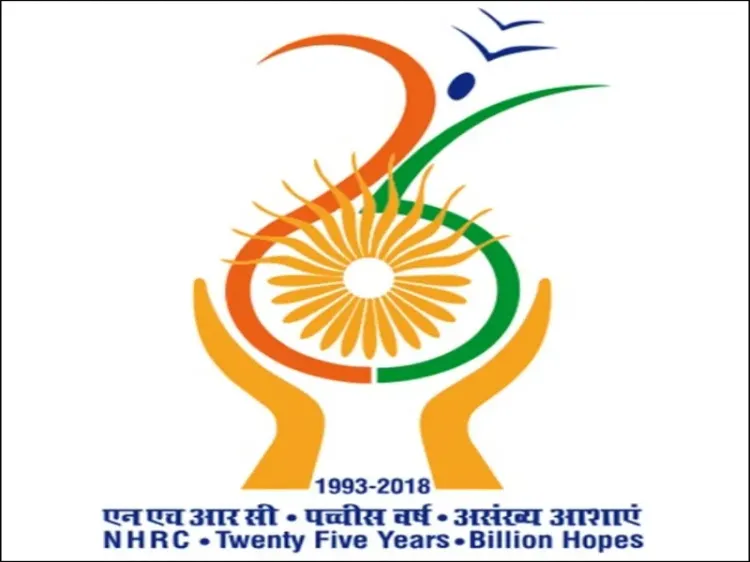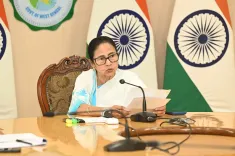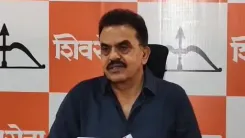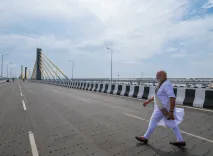Did NHRC Respond to a Man's Suicide After Alleged Police Torture?

Synopsis
Key Takeaways
- NHRC has taken suo motu cognizance of the suicide case.
- The victim reportedly faced severe torture in custody.
- Immediate action has been taken against involved constables.
- This incident raises critical human rights concerns.
- The NHRC's role is vital for justice and accountability.
New Delhi, July 25 (NationPress) The National Human Rights Commission (NHRC) has initiated suo motu cognizance regarding the suicide of a man who reportedly suffered physical torture while in police custody in Farrukhabad, Uttar Pradesh.
According to reports, the victim was summoned to the police station following a complaint lodged by his wife. Tragically, the next evening, he took his own life by hanging himself with a saree in his room, leaving behind a message inscribed on the pants he wore.
In response to a press report, the NHRC expressed that the allegations, if validated, indicate a severe breach of the victim's human rights.
The commission has issued a notice to the Director General of Police in Uttar Pradesh, requesting a comprehensive report on the incident within a fortnight.
As detailed in the media report published on July 16, the victim had approached the police station accompanied by his father to reach a compromise, but instead, he faced torture and was pressured to pay a bribe for resolution.
Following public outrage, an FIR was filed against the victim’s father-in-law, brother-in-law, and several others, including constables Yashwant Yadav and Mahesh Upadhyay from the Hathiyapur outpost.
Both constables have since been suspended and reassigned to police lines by the Superintendent of Police. Established under the Protection of Human Rights Act, 1993, the NHRC is an autonomous statutory body dedicated to the advancement and protection of human rights in India.
Its core mission is to safeguard and promote human rights, which include life, liberty, equality, and the inherent dignity of individuals as articulated in the Constitution and International Covenants, enforceable by Indian courts.
The apex body has the authority to take suo motu action based on media reports, public information, or other sources, independent of formal complaints regarding human rights violations.





